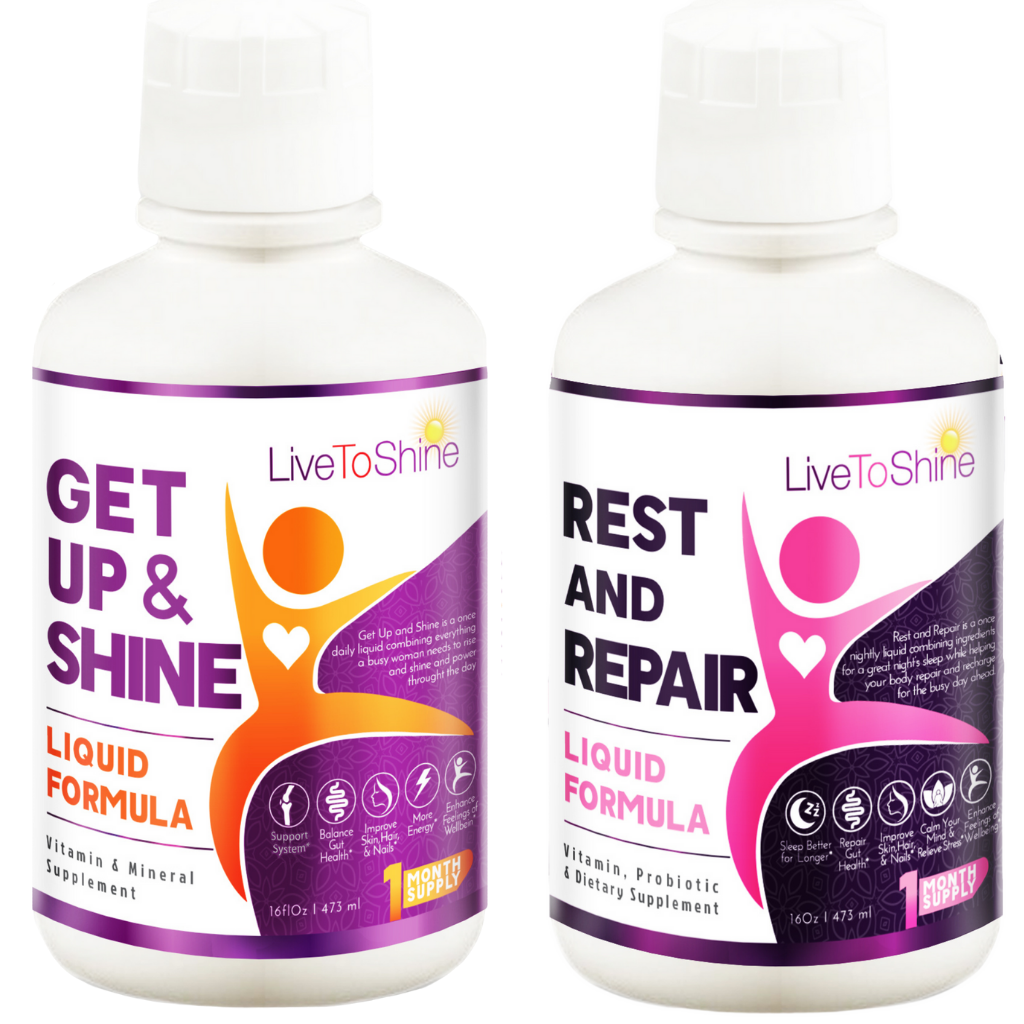And why it's time to get in one!
Magnesium has been in the press a lot recently and the benefits that it has on the body. But what is magnesium and how can a magnesium bath help your mind and body?
Firstly, what is magnesium? Well, Magnesium is an essential mineral that plays a crucial role in the proper functioning of our body. It is responsible for over 300 biochemical reactions and is involved in regulating everything from muscle and nerve function to blood sugar and blood pressure. While magnesium is found in many foods, including leafy greens, nuts, and seeds, many people are deficient in this mineral. In fact, recent reports suggest that as many as 75% of Americans are deficient in magnesium.
One of the best ways to replenish magnesium levels is through magnesium baths so we’re going to run through the benefits of magnesium baths and why they should be a regular part of your self-care routine.
1. Relaxation and stress relief
Magnesium is known for its ability to promote relaxation and reduce stress levels. When you soak in a magnesium bath, the mineral is absorbed through the skin and transported to the brain, where it can help to calm the nervous system and promote relaxation. If you’re a regular gym junkie, magnesium baths are ideal as a natural muscle relaxant. This means that it can help to ease tension and soreness in the muscles, making it the ideal post-workout recovery.
2. Improved sleep
If you struggle with insomnia or have trouble falling asleep, magnesium baths can be a game-changer. Magnesium helps to regulate the production of the hormone melatonin, which is responsible for promoting restful sleep. Soaking in a magnesium bath before bed can help to promote relaxation and calm the mind, making it easier to drift off to sleep and stay asleep throughout the night.
3. Reduced inflammation
Inflammation is a natural response of the body to injury or infection, but chronic inflammation can lead to a host of health problems, including arthritis, heart disease, and cancer. Magnesium has anti-inflammatory properties and can help to reduce inflammation throughout the body. Soaking in a magnesium bath can be especially beneficial for those with inflammatory conditions such as arthritis.
4. Improved skin health
Magnesium plays a crucial role in maintaining healthy skin. It helps to regulate the production of sebum, the oil that keeps the skin moisturized, and it can help to reduce inflammation and redness. Magnesium baths can also help to detoxify the skin by drawing out impurities and reducing the appearance of acne, eczema, and other skin conditions.
5. Improved heart health
Magnesium is essential for maintaining a healthy heart. It helps to regulate blood pressure, reduce the risk of heart disease, and improve overall cardiovascular health. Soaking in a magnesium bath can help to increase the body's magnesium levels, which in turn can help to promote a healthy heart.
6. Relief from menstrual cramps
For women who suffer from painful menstrual cramps, magnesium baths can be a lifesaver. Magnesium helps to relax the muscles, which can help to ease the pain and discomfort associated with menstrual cramps. Soaking in a warm magnesium bath can also help to reduce stress and promote relaxation, which can further ease menstrual cramps.
7. Improved mood
Finally, magnesium is known to have a positive effect on mood and can help to reduce symptoms of depression and anxiety. Soaking in a magnesium bath can be a great way to boost your mood and promote feelings of calm and relaxation. The warm water and soothing aroma of essential oils can also help to enhance the overall mood-boosting benefits of magnesium baths.
The benefits of a magnesium bath really are incredible. So the next time you're feeling stressed, sore, or in need of a little relaxation, consider soaking in a warm magnesium bath and experience the many benefits for yourself.
Don’t have a bath? Don’t worry, we have you covered with our incredible Calcium Vitamin D3 and Magnesium Vitamin Patch.
The advice provided in this blog is for general informational purposes only. The information presented in this blog should not be considered as a substitute for professional medical advice. Readers should consult with qualified medical professionals for specific advice tailored to their individual circumstances. Any action taken by readers based on the advice given in this blog is at their own risk. The author is not liable for any losses or damages arising from the use or reliance on the information provided in this blog. These statements have not been evaluated by the Food and Drug Administration. This product is not intended to diagnose, treat, cure or prevent any disease.




